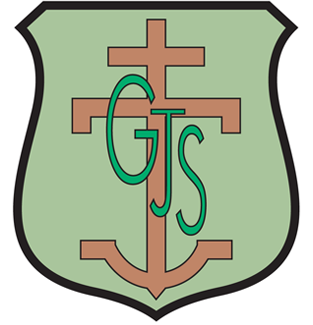Alternative Provision- The Hive
What is AP?
Alternative Provision is specialist educational provision arranged for children who cannot attend mainstream school, often due to exclusion, medical reasons, or being at high risk of exclusion, to provide them with a suitable full-time education tailored to their needs.
What does AP look like at Greengate?
Our school has a long history of inclusive practice and holds a SEND & Inclusion charter mark. ‘The Hive’ provision was established in 2019 in response to the local authority's SEND improvement for SEMH placements. It is a dedicated alternative provision for children in Year 3 to Year 6. We offer a total of 6 places, which are allocated through the Westmorland and Furness SEND team panel.
We aim to provide a nurturing and supportive environment for children who may benefit from a different approach to their education. Children’s placements are reviewed annually and extended or reduced where needed. They engage with a national curriculum that is nurture-based and promotes the skills to develop successful, independent learners who are able to reconnect with a mainstream learning environment. We aim to support them to become more engaged with education, develop a positive attitude to learning, increase their time in the classroom and increase their self-belief, confidence and resilience. Our main objective is to support children to re-integrate into mainstream provision. Depending on each child’s circumstances, this could be by increasing the transition time that they are in school, or trialling mainstream classes in our school, as well as teaching them skills to put into place at unstructured times, such as break times and lunch times in a busy mainstream playground.
Aims of the AP
The Hive has been created to support young people with SEMH. The aim of The Hive is for the pupils to:
• Communicate with familiar and unfamiliar adults and peers;
• Equip children with the knowledge they need in the world beyond school;
• Have confidence and independence;
• Value each other and act in a responsible and ethical way;
• Have a sense of self so they can become engaged citizens;
• Build their confidence so they feel ready to engage in a mainstream class;
• Make good personal progress in all subject areas; and
• Develop holistically with access to a range of therapeutic approaches.
Curriculum Rationale
A flexible approach to curriculum planning is used to develop academic, social and emotional skills which are built cumulatively over time that match the National Curriculum the pupils would access in a mainstream class. The flexible approach deliberately allows for over-learning, repetition and consolidation, and lessons are taught in smaller ‘chunks’ - all vital in the development of children with SEMH and/or learning needs. As children progress, teachers plan to give them opportunities to build on prior knowledge, apply learning, generalise and work independently. Children with SEMH and/or learning needs, need to be able to communicate, have control over their lives and have the belief that they can succeed. Ultimately, we aim to build confidence and raise aspirations for their future life.
